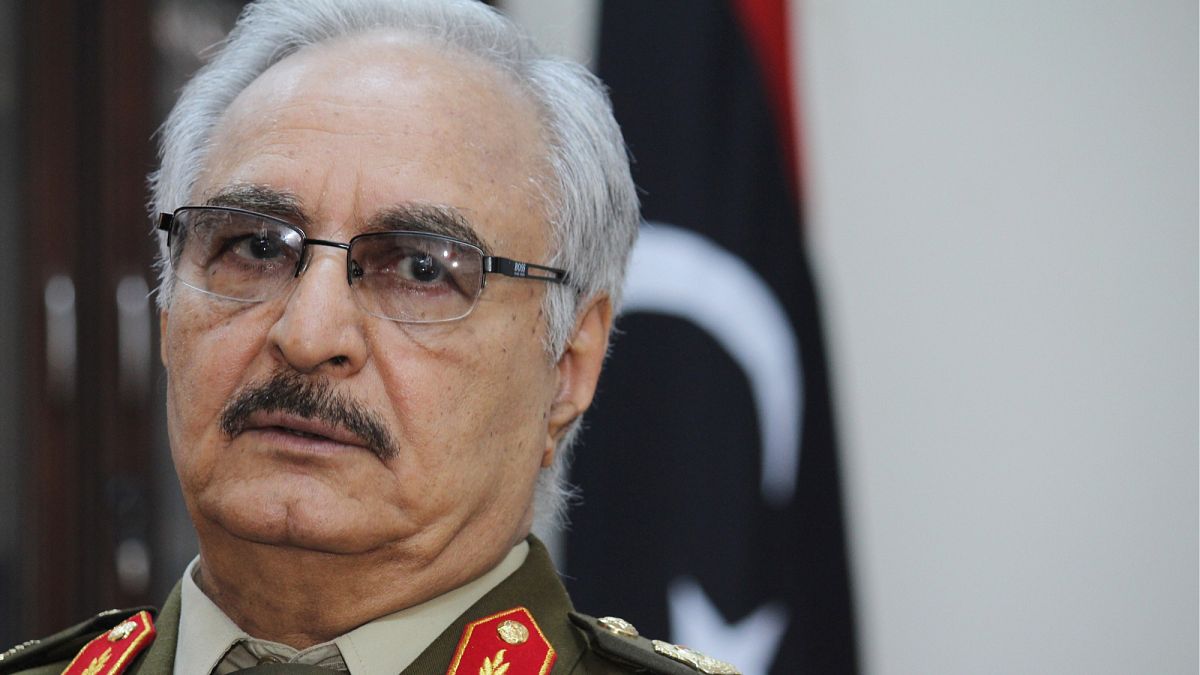

In a world rife with complexity, the interconnected tapestry of geopolitics, social issues, and environmental challenges continues to evolve, inviting us to consider these developments with a mindful lens. Recent news from various corners of the globe provides poignant examples of these intertwined narratives, urging us to explore them with both clarity and empathy.
In Libya, the story of Khalifa Haftar serves as a significant focal point. Known as a formidable leader in control of significant regions of eastern Libya, Haftar’s journey has been marked by ebbs and flows of power. A recent encounter with an EU delegation highlighted his continued prominence in the region, despite past setbacks. This incident underscores the complex dynamics of international diplomacy as it seeks to address varying interests and power structures within Libya and beyond. Haftar’s alliances with influential figures shed light on the intricate web of relationships that underpin regional stability and unrest.
Meanwhile, the European Union finds itself navigating a delicate balance in its approach towards the conflict involving Israel and Gaza. Following a comprehensive assessment, the EU’s 27 foreign ministers decided against imposing sanctions on Israel for its actions in Gaza, opting instead to maintain vigilant oversight of compliance with agreements designed to enhance aid flow to the region. This decision illustrates the nuanced path of fostering dialogue and cooperation, prioritizing long-term peace over immediate punitive measures.
Tragically, the conflict in Gaza continues to claim innocent lives. Reports indicate that Israeli airstrikes in Gaza City and Khan Younis have resulted in at least 41 casualties, including children, deeply affecting countless families and communities. These heart-wrenching incidents are reminders of the urgent need for sustained peace efforts and humanitarian support to alleviate the suffering of those entangled in the conflict.
Around the same time, central Nigeria experienced a significant and alarming event where unknown gunmen took the lives of at least 20 people. This attack highlights the ongoing tensions in Nigeria’s north, where disputes over land and resources frequently lead to tragic clashes between herders and farmers. It is a stark reminder of the fragile balance between communal resources and human coexistence, emphasizing the necessity for dialogue and sustainable development solutions to mitigate such conflicts.
On the international sports front, concerns about the impacts of climate change continue to reverberate. FIFA faces growing calls to reconsider the World Cup schedule as scientists warn of the potential dangers extreme summer heat poses to both players and fans. This issue reflects broader discussions about how global institutions must adapt to the realities of a changing climate, ensuring both safety and sustainability in worldwide events. As these discussions advance, they hold the promise of more thoughtfully designed future sporting events that prioritize wellbeing along with competitive spirit.
Amidst these narratives, Syria witnesses an incremental yet hopeful move towards peace as a new ceasefire agreement is reached between the government and the Druze community in Sweida. While the region has seen recent turbulence with Israeli military actions, this agreement signifies a step forward in reducing tensions and fostering a more peaceful dialogue amongst its people. Such developments, while part of a larger, more complex picture, reinforce the power of negotiation and conversation in healing divides and building bridges.
As the world shoulders these challenges, there remains a profound interconnectedness in these stories. Each narrative emphasizes the importance of thoughtful engagement, understanding, and cooperation in addressing both immediate and systemic issues. By cultivating a comprehensive perspective imbued with compassion, we can navigate the multifaceted landscape of international affairs, striving towards solutions that honor both humanity and harmony.
Source: {link}
